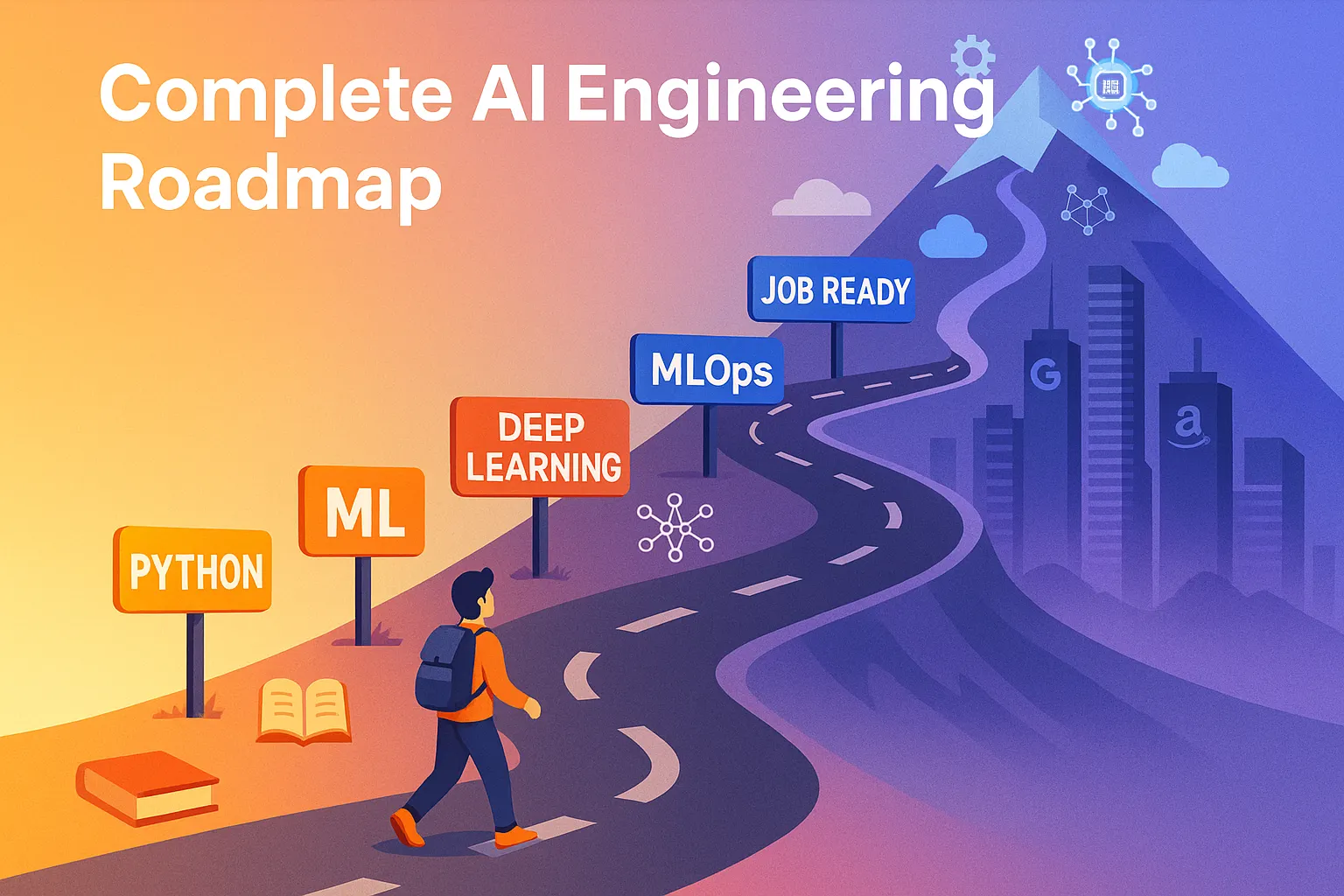The artificial intelligence revolution isn’t just happening in Silicon Valley boardrooms or tech giants’ research labs. Right now, small business owners across Africa are using AI tools to compete with much larger companies, streamline their operations, and reach customers they never could have served before. The best part? Many of these tools are either free or incredibly affordable.
If you’re running a small business in Lagos, Accra, Nairobi, Johannesburg, or anywhere else on the continent, AI isn’t some distant future technology—it’s your competitive advantage today.
What Is AI for Small Business, Really?
Before diving into specific tools, let’s clear up what we mean by “AI for small business.” We’re not talking about building robots or creating the next ChatGPT. Instead, we’re focusing on ready-made AI tools that can handle repetitive tasks, analyze data, and help you make better business decisions without requiring a computer science degree.
Think of AI as having a highly capable assistant who never gets tired, never takes breaks, and can work 24/7 to help grow your business. This assistant can chat with customers, schedule appointments, analyze sales patterns, create marketing content, and much more.
1. Customer Service That Never Sleeps: AI Chatbots
The Challenge: Your customers expect quick responses to their questions, but you can’t be available 24/7. Hiring full-time customer service staff might be too expensive for your growing business.
The AI Solution: Chatbots powered by AI can handle common customer inquiries instantly, any time of day.
Recommended Tools:
- WhatsApp Business API with Chatbot Integration: Since WhatsApp is incredibly popular across Africa, tools like Chatfuel or ManyChat can help you create automated responses to common questions about your products, store hours, or delivery times.
- Tidio: A free chatbot platform that works on your website and can hand over complex conversations to you when needed.
- Facebook Messenger Bots: Perfect for businesses that get lots of inquiries through Facebook.
Real Success Story:
A clothing boutique in Accra increased their sales by 40% after implementing a WhatsApp chatbot that could show customers their latest collections, check item availability, and even process orders. The owner now sleeps better knowing customers get instant responses even when she’s not available.
2. Social Media Management Made Simple
The Challenge: Maintaining an active presence on Instagram, Facebook, Twitter, and TikTok is crucial for reaching customers, but creating content and posting consistently takes hours every day.
The AI Solution: AI tools can help you create content, schedule posts, and even suggest the best times to post for maximum engagement.
Recommended Tools:
- Canva’s AI Design Assistant: Creates professional-looking graphics, social media posts, and marketing materials in minutes. The free version is powerful enough for most small businesses.
- Hootsuite or Buffer: These platforms use AI to suggest optimal posting times based on when your audience is most active.
- Copy.ai: Generates social media captions, product descriptions, and marketing copy in multiple languages.
Practical Application:
A restaurant in Cape Town uses Canva’s AI to create daily food photos and Copy.ai to write engaging captions in both English and Afrikaans. They schedule a week’s worth of posts every Sunday, freeing up time to focus on customers during the week.
3. Smart Inventory and Sales Forecasting
The Challenge: Ordering too much inventory ties up cash flow; ordering too little means lost sales. Traditional guesswork often leads to either scenario.
The AI Solution: AI can analyze your sales patterns, seasonal trends, and even external factors to predict what you’ll need and when.
Recommended Tools:
- Google Sheets with AI Add-ons: Free tools like “Forecast Sheets” can analyze your sales data and predict future demand.
- Zoho Inventory: Uses AI to optimize stock levels and alert you when it’s time to reorder.
- QuickBooks Commerce: Integrates with your sales data to provide intelligent inventory insights.
Success Example:
A pharmacy in Nairobi reduced their inventory costs by 25% while avoiding stockouts by using AI forecasting to predict demand for different medicines based on seasonal patterns and local health trends.
4. Mobile Payment Optimization and Fraud Detection
The Challenge: Mobile payments are crucial in Africa, but fraud can be costly for small businesses. Additionally, understanding which payment methods work best for your customers can increase sales.
The AI Solution: AI-powered payment systems can detect fraudulent transactions and optimize your payment options for better customer experience.
Recommended Tools:
- Paystack (Nigeria, Ghana, South Africa): Uses machine learning to detect and prevent fraudulent transactions.
- Flutterwave: Offers AI-powered analytics to help you understand customer payment preferences.
- M-Pesa Business API: In Kenya and other markets, integrating smart analytics can help optimize mobile money transactions.
5. Marketing That Actually Works: AI-Powered Advertising
The Challenge: Traditional advertising can be expensive and hit-or-miss. Small budgets need to work harder and smarter.
The AI Solution: AI can help you target the right customers, create compelling ads, and optimize your advertising budget automatically.
Recommended Tools:
- Facebook Ads Manager: The built-in AI automatically optimizes your ads for better performance and lower costs.
- Google Ads Smart Campaigns: AI handles most of the complexity, making it easier for beginners to run effective ads.
- AdEspresso: Simplifies Facebook and Instagram advertising with AI-powered optimization.
Real Results:
A beauty supply store in Lagos cut their advertising costs in half while doubling their online sales by using Facebook’s AI to automatically target customers most likely to buy their products.
6. Business Intelligence Made Accessible
The Challenge: Understanding your business data—what’s selling, which customers are most valuable, what times are busiest—often requires expensive analytics software or hiring specialists.
The AI Solution: Simple AI tools can analyze your business data and provide actionable insights in plain language.
Recommended Tools:
- Google Analytics Intelligence: Free AI that answers questions about your website traffic in natural language.
- Microsoft Power BI: Affordable business intelligence with AI insights for small businesses.
- Zoho Analytics: Provides AI-powered insights into your sales, inventory, and customer data.
Getting Started: Your 30-Day AI Implementation Plan
Week 1: Customer Communication
Set up a basic WhatsApp or website chatbot to handle common customer questions. Start with 5-10 frequently asked questions and expand from there.
Week 2: Social Media Automation
Create templates in Canva and set up scheduled posting. Use AI writing tools to create a month’s worth of social media content.
Week 3: Payment and Sales Analysis
Integrate AI-powered payment processing and start tracking which products sell best at different times.
Week 4: Marketing Optimization
Launch your first AI-optimized advertising campaign with a small budget to test what works for your business.
Overcoming Common Concerns
“AI is Too Expensive”
Most of the tools mentioned offer free tiers or cost less than hiring a single employee. Start free and upgrade only as your business grows.
“AI is Too Complicated”
Modern AI tools are designed for non-technical users. If you can use WhatsApp or Facebook, you can use these tools.
“What About Internet Connectivity?”
Many AI tools work offline or with minimal internet connection. Tools like offline inventory management systems can sync when connectivity is available.
“AI Will Replace Human Jobs”
AI for small business is about augmentation, not replacement. It handles repetitive tasks so you and your team can focus on growing the business and serving customers better.
The Competitive Edge
Here’s the reality: while you’re reading this article, some of your competitors are already using these AI tools to serve customers faster, optimize their operations, and grow their market share. The businesses that adopt AI early will have significant advantages in efficiency, customer satisfaction, and profitability.
But here’s the good news: it’s still early days. You haven’t missed the boat. By implementing even two or three of these AI tools over the next month, you’ll be ahead of most small businesses on the continent.
Taking Action Today
The most successful small business owners don’t wait for perfect conditions—they start with what’s available and improve along the way. Pick one AI tool from this article that addresses your biggest business challenge right now. Set aside two hours this weekend to set it up and test it.
Whether it’s a chatbot to handle customer inquiries, a social media scheduler to maintain your online presence, or inventory forecasting to optimize your cash flow, taking that first step is what separates growing businesses from stagnant ones.
The AI revolution is happening with or without your business. The question isn’t whether you can afford to implement AI—it’s whether you can afford not to.
Your customers are ready. Your competitors might already be moving. The tools are available and affordable.
What are you waiting for?
Have you implemented any AI tools in your business? Share your experience in the comments below, and let’s help each other navigate this exciting technological frontier.




